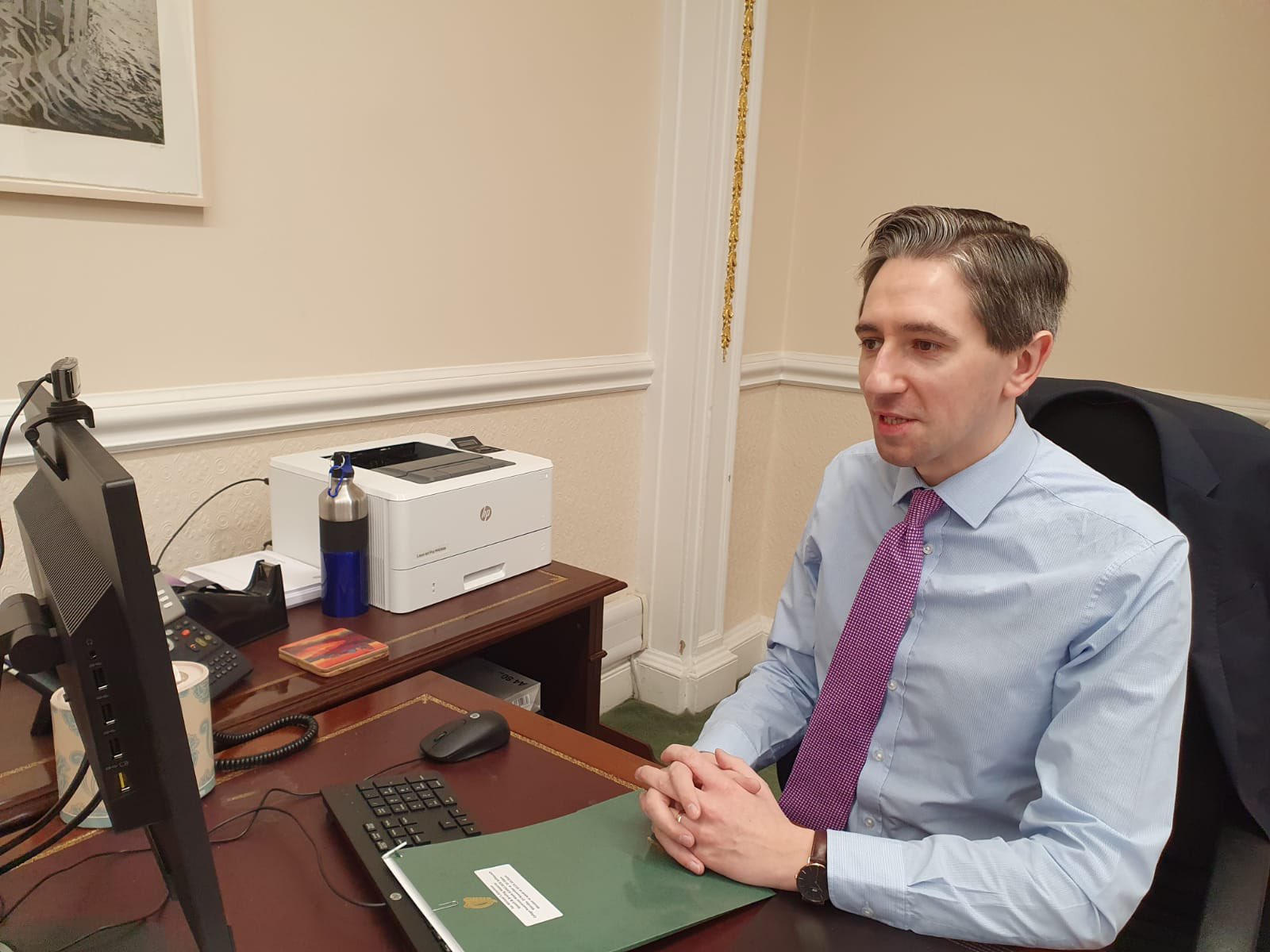Minister for Further and Higher Education, Research, Innovation and Science Simon Harris has announced once-off funding of €4.3m to be provided through the Student Assistance Fund (SAF) to assist students with the increasing cost of living.
Harris also confirmed that students receiving the once-off Tier 3 1916 Path 2 bursary will have their bursary increased by €500 for the 2022/2023 academic year.
This brings the total available funding for the SAF to a record of over €20m for the 2022/23 academic year.
The SAF provides financial support to full or part-time students experiencing financial difficulty in college, helping with costs such as rent, childcare, transport, and medical costs.
In a statement today, Harris described the SAF as “an invaluable resource for third-level students who are finding it difficult to make ends meet.”
“The fund is there to assist with additional costs they may face over the coming months. It is completely confidential and accessible through the Access Offices in publically funded higher education colleges.”
In Trinity, the SAF is operated by the Undergraduate Student Support Officer on behalf of the Financial Assistance Committee and can be applied to through an individual’s tutor or the Undergraduate Student Support Officer.
The 1916 Path 2 bursary is targeted at underrepresented students in higher education, including socio-economically disadvantaged students, members of the Traveller and Roma communities, and students who have a disability.
This comes after a number of measures were introduced in Budget 2023 to assist students with the cost of living, including a once-off €1000 reduction in the student contribution, an increase in the Student Universal Support Ireland (SUSI) maintenance grant, and allowing students to earn €2000 more over the summer without affecting their grant status.
Budget 2023 was criticised by the Irish Universities Association (IUA), which stated that the €40m provided to address the funding gap in higher education represented just 13% of the overall funding gap identified by the government.






